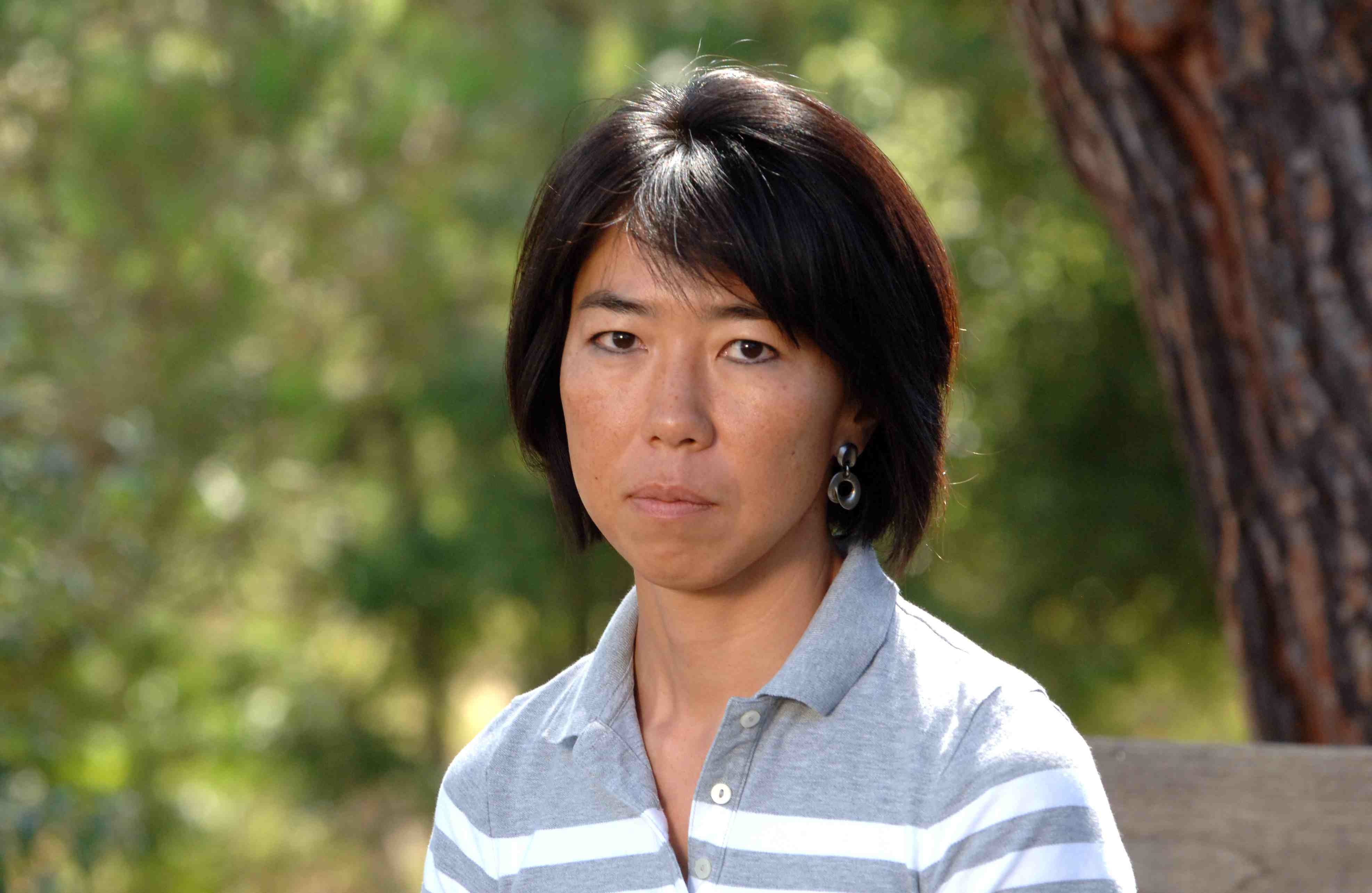Bio
Yuma Totani is a historian of modern Japan with the area of specialization in the studies of post-WWII Allied war crimes trials in the Asia-Pacific region (1945-1952). She has authored The Tokyo War Crimes Trial: The Pursuit of Justice in the Wake of World War II_(Harvard University Asia Center, 2008), and Justice in Asia and the Pacific Region, 1945-1952: Allied War Crimes Prosecutions (Cambridge University Press, 2015), as well as producing their Japanese-language translations, titled, _Tōkyō saiban: dai-niji taisen go no hō to seigi no tsuikyū (Misuzu shobō, 2008), and Futashikana seigi: BC-kyū senpan saiban no kiseki (Iwanami shoten, 2015). She presently teaches at the University of Hawaii.

